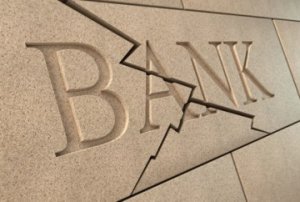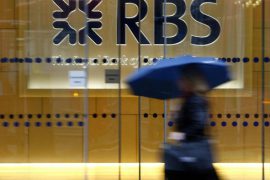The long awaited, albeit feared, report on banking in the UK was finally released on Monday much to the chagrin of bankers around the country. If the government chooses to act on recommendations, the results could be literally catastrophic to some financial institutions.
It all boils down to the retail sector and what can be considered a ‘debt crisis.’ Banks will be required to more completely disclose financial figures and hold larger amounts of debt security. If customers view losses as a debt crisis it will be much easier to change over to rival banks. This is per the Independent Commission on Banking’s final report.
However, there is little cause for concern in the immediate future as the full effects won’t be felt until the year 2019. This is the target date laid out by the ICB and in response Chancellor Osborne is quoted as saying it was an “impressive piece of work.”
Further, trying to maintain the status quo was no longer sufficient as the economy is fragile and recovery is equally so. Given the length of the timescale, it is hoped that fears will be assuaged to some extent in that proposed reforms should not interfere with economic recovery efforts.
Reforms having been suggested will also limit services retail banking in the UK can offer. They will be separated legally from the larger financial institution and if the retail segment is in crisis, government will have the authority to then seize the entire bank.
Admittedly, these reforms could lower profitability in banks, most particularly in investment banks, yet there needs to be a separation between the interest of the bank’s shareholders and bank customers who are taxpayers government is protecting. A final change of note would be that individual depositors would, for the first time, hold higher rank in the event of insolvency than senior creditors.





